How important is texting during the early stages of dating?


"With so many 'rules' around what to do and what not to do anymore, who the **** knows," laments a Reddit user on a post about texting etiquette whilst dating. The goalposts continue to shift in the dating world, from waiting for a phone call to come the next day to now, an age of constant contactability. So, what exactly are the rules of engagement for texting in the early stages of dating?
As a relationship blooms, it can be hard to know what and how frequently to message. Difficult enough that Redditors have formed comprehensive "how-to" guides on navigating messaging in the "beginning stages" of a courtship. Some daters are keen to meet extremely quickly to the understandable discomfort of others, while others are happy to exchange lengthy messages until the situation enters pen pal territory.
Even after meeting IRL, how much are you supposed to stay in touch between dates one and two (if the vibe is there), and you want to keep up the momentum but save something for in-person? How can we create an image of the person we're trying to get to know if all we actually know of them is words on a screen? Without inflection, personality, or anything beyond a blue box and white text?
How do we create intimacy in those early stages and keep it alive before dates, and can digital intimacy meet our needs like physical intimacy? We asked daters and the experts.
How often should we be texting during early dating stages?
Research by associate professor of psychology Dr Darcey N. Powell, then at Roanoke College and now at Texas A&M University-Corpus Christi, shows that in the early stages of dating, referred to as the talking stages, "there is less information shared, fewer physical acts of intimacy, and less commitment to the partner than when dating."
When talking to Mashable's features editor and author Rachel Thompson in The Love Fix, Powell says these stages are "a balancing act of trying to protect oneself because you're unsure of what's going to happen, but people aren't good at breaking up with each other or being rejected."
"I'll usually use a dating app to communicate up until a date has been set, and I'll probably check in once a day or maybe more if I'm really keen," says Polly, 29, an active dater from London. Polly, like other people Mashable spoke to, requested to go by their first name only for privacy reasons.
"Ideally, I want to be texting somebody I'm dating roughly four times back and forth each day. If it's less than that, then I'd prefer the texts to be longer and more detailed," she says. By the time she meets someone in person, WhatsApp is her preferred method of communication.
"I think the problem is that we know people are on their phones ALL the time, so we're now hardwired to expect people to respond instantly, and if they don't, we automatically assume they can't be that interested," says Polly.
This feeling isn't unique. A 2016 Harvard sociology study revealed that 94 percent of respondents (all millennials) said receiving, writing, or waiting for text messages can make them anxious. Reddit users, too, have experienced this, seeking help on subreddits such as r/SocialSkills.
Despite this common experience, the average American has 43 unread texts, according to 2021 research.
"Hypercommunication [constant exchanges] can negatively impact relationships by fostering an over-reliance on asynchronous messaging as a measure of relationship success, rather than meaningful in-person connection," says Caitlin Begg, author of the 2016 study, sociologist, and founder of research firm Authentic Social.
How do we create real intimacy?
While some daters like to text about one's day, that's not the case for everyone.
"I only text if it's regarding planning or if I have a question. I hate being in constant contact with someone when I'm not physically with them," expresses a Reddit user in a comment on r/Dating Advice.
"I am a big fan of spending time in person and if that isn't possible, incorporating FaceTimes or phone calls," says Allison Raskin, writer and relationship coach.
"Having experiences together also creates intimacy because it creates memories and shows you what the other person is actually like in the world," Raskin continues, recognising that there is only so much you can glean through a screen. "Texting shows you people's thoughts but not how they behave in different situations."
We can text a romantic interest repeatedly, but what we learn about them is filtered through their mind, edited with rapid precision, and then read in a tone we create in our minds. Messaging can conjure an image we find attractive without offering a real-life experiment to test it.
Research also shows that the benefits of face-to-face interactions are irreplaceable. A 2022 paper in the Journal of Computer-Mediated Communication found that face-to-face interactions make us feel more connected and less lonely. Whilst voice calls brought some level of connection, texting and video calls were less beneficial.
"If you think about the best, most real conversations you've had, they usually happen when you're feeling your most relaxed, comfortable, and safe," says Dr Nikki Coleman, psychologist and wellness coach.
"Envision those late night/early morning conversations under a blanket. The things shared in those moments are intimate. Try to create that same energy even in the early stages," she recommends. "You have to get to know someone in 3D — the wild, outside — to be able to build intimacy. Until you really know someone in that way, you're really building a relationship with a fantasy in your mind."
What is the difference between 2D connection and 3D intimacy?
"We learn slivers of information about a person and our brain does the rest, filling the gaps to make a whole person make sense in our heads — but it isn't real. It's a romanticised picture of a person that does not exist, and sometimes creates a narrative the real person cannot match," says Georgie, 24, an active dater in London.
While a text can bring a smile to your face and allow that touchpoint often lost in the days that can sometimes feel endless between seeing each other, a pinch of salt must be taken during digital exchanges.
The gap between first contact and meeting, or between dates, can stretch depending on diaries, desires, and other factors. Phone calls and voice notes might be too intimate for the level of connection being fostered at this stage, leaving texting as the most appropriate, accessible, and immediate method of communication in the interim. Texting is also the most ambiguous and open to interpretation.
"I once was super excited for a first date because we had been texting for a few weeks leading up to the date, and I thought he was hilarious," Georgie says.
"This person that I had in my head in no way matched up to the reality of the person I met. He was lovely, but most definitely not for me, which was probably exacerbated by my utter shock at the stranger that rocked up to the date when I had been mentally dating an entirely different human being," Georgie continues. "The date lasted all of 26 minutes."
This person that I had in my head in no way matched up to the reality of the person I met...The date lasted all of 26 minutes.
What communication rules exist in dating?
Digital communication is important today, especially when dating. However, a balance between real-life and digital interactions must be struck, with a dash of skepticism and the ability to look beyond the paragraphs on screens. To what extent? That's different for everybody.
"People love to give 'hard and fast' dating rules. 'Dating experts' and others try to prescribe set norms for digital communication in dating, but the reality is it's messy. This means it's key to find someone who aligns with your communication style," Begg believes.
And we can control more than we may think within these early stages.
"I would recommend that folks be honest and direct about the amount of communication they need, and to walk away from connections that can't meet those needs," recommends Melissa Fabello, PhD, sex and relationships educator.
"Co-creating that dynamic, which includes sharing when you desire more or less communication, is the real goal."
Each of us will have different expectations, desires, and comfort levels when dating. But what we can do is set our own expectations, recognise our needs, and be ready to respond appropriately — whether in person or digitally.
What's Your Reaction?
 Like
0
Like
0
 Dislike
0
Dislike
0
 Love
0
Love
0
 Funny
0
Funny
0
 Angry
0
Angry
0
 Sad
0
Sad
0
 Wow
0
Wow
0







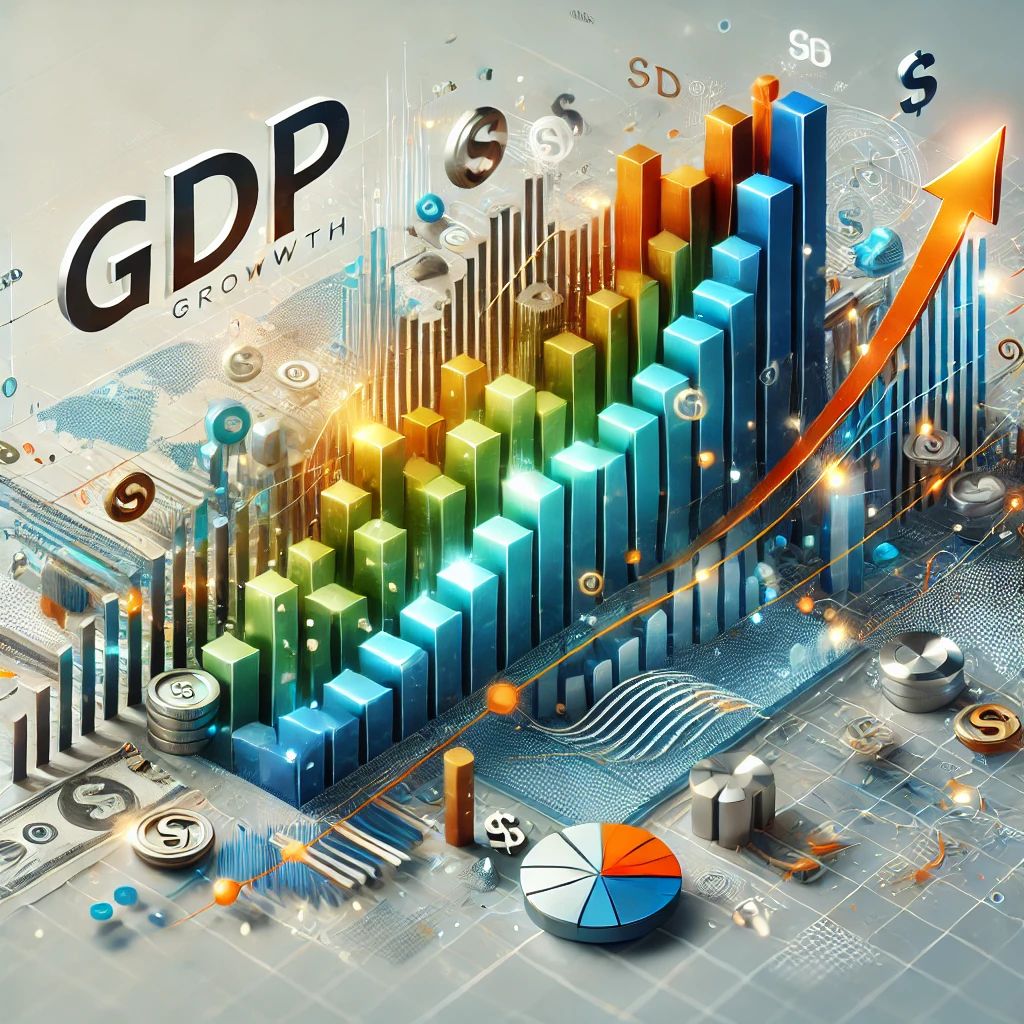











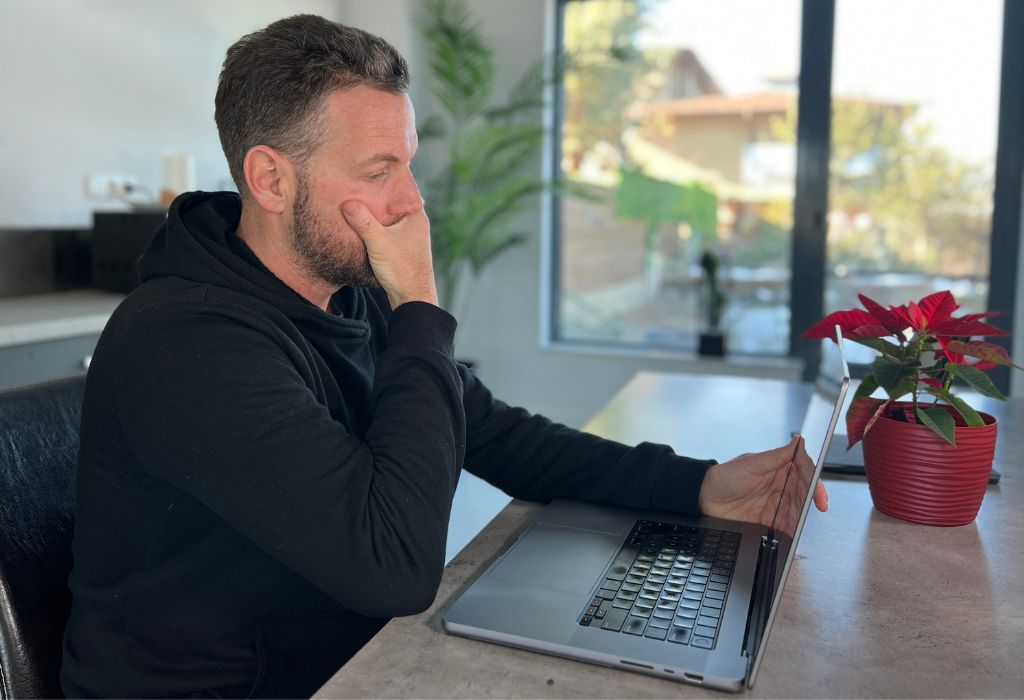





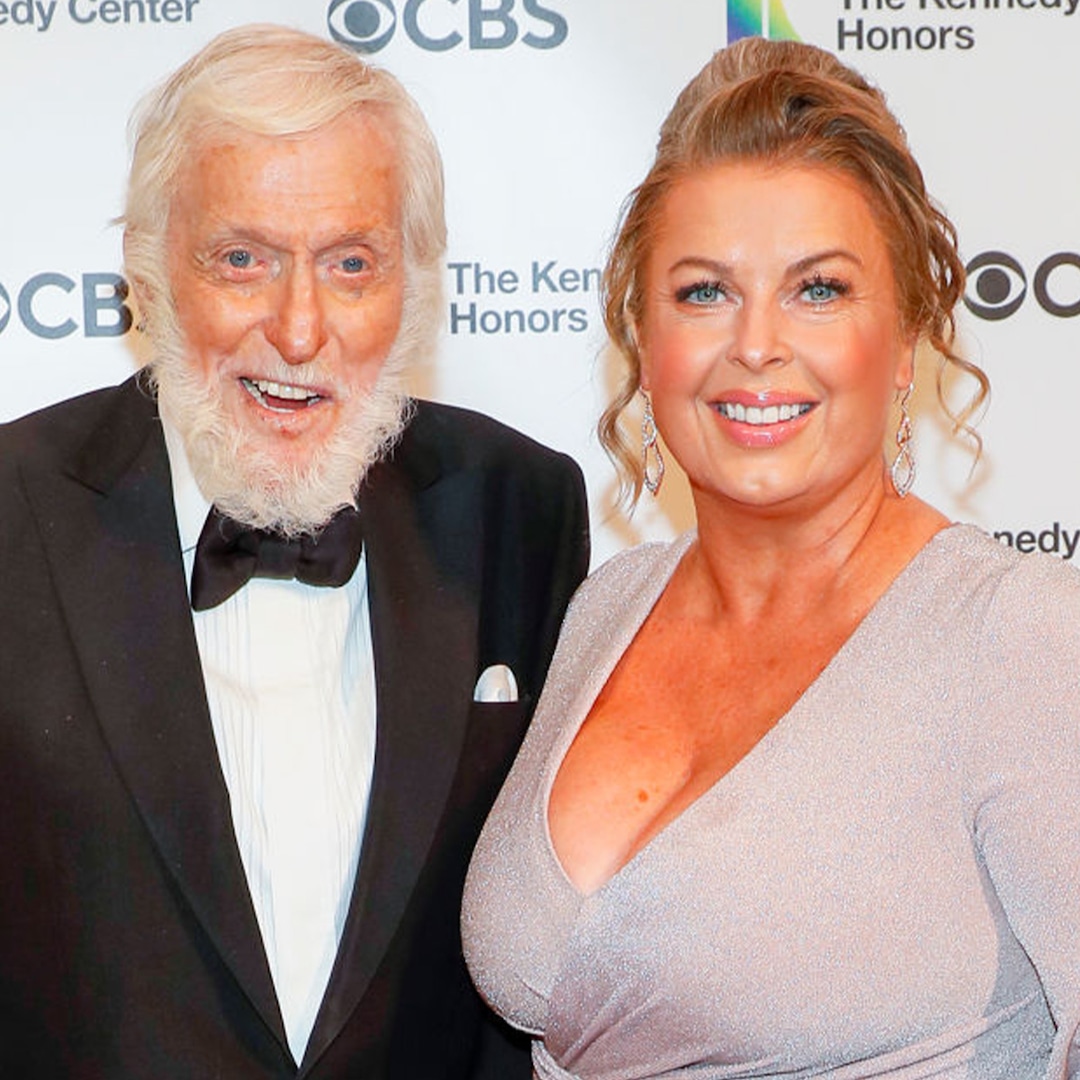

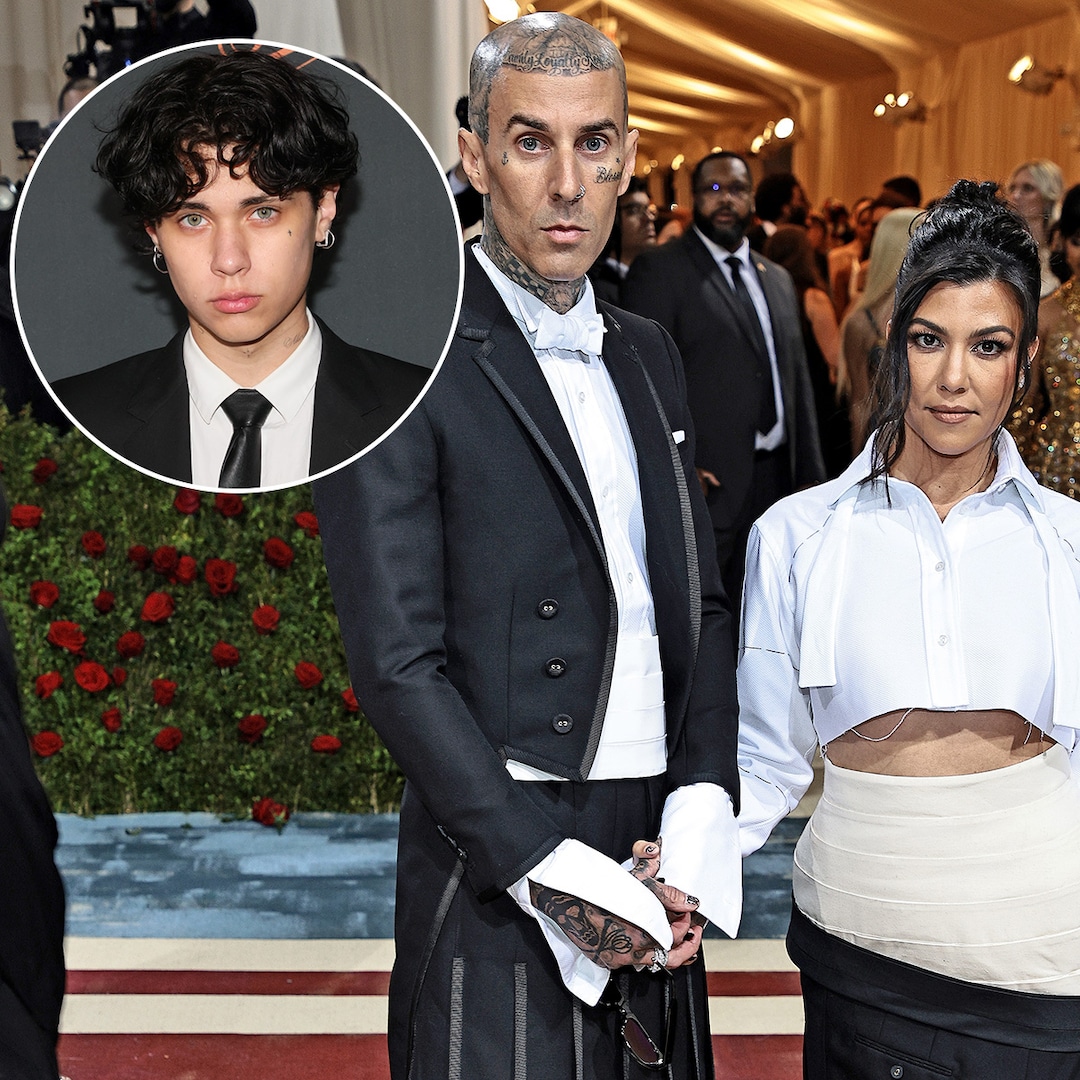

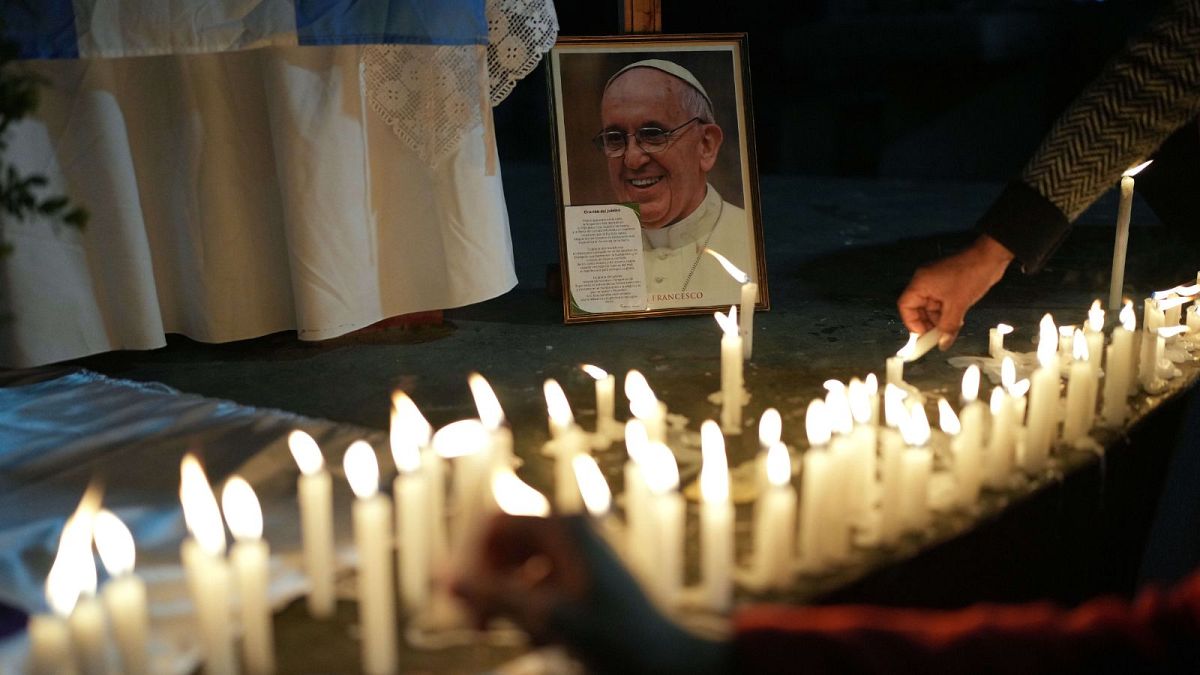

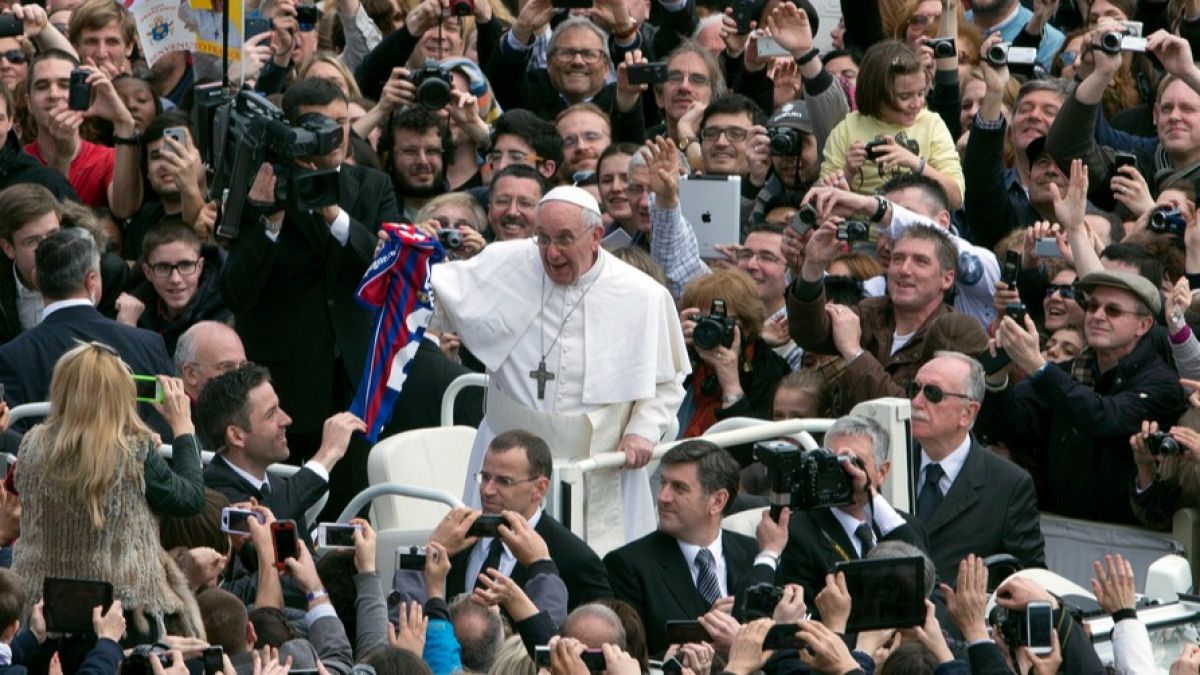
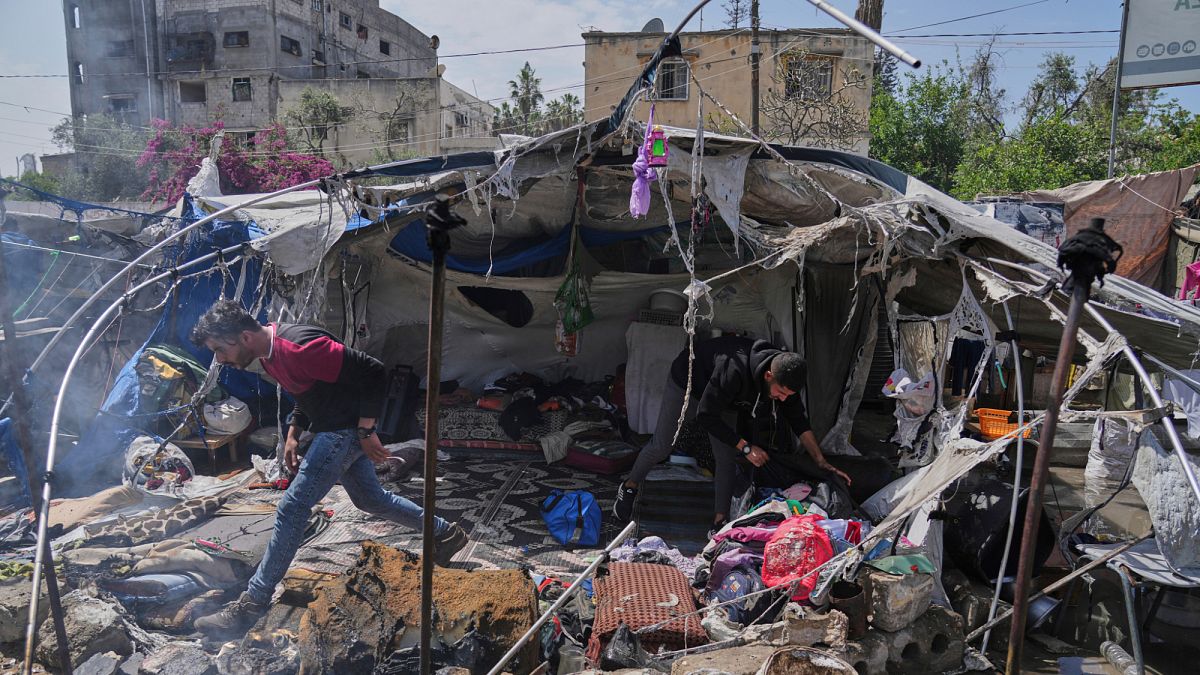
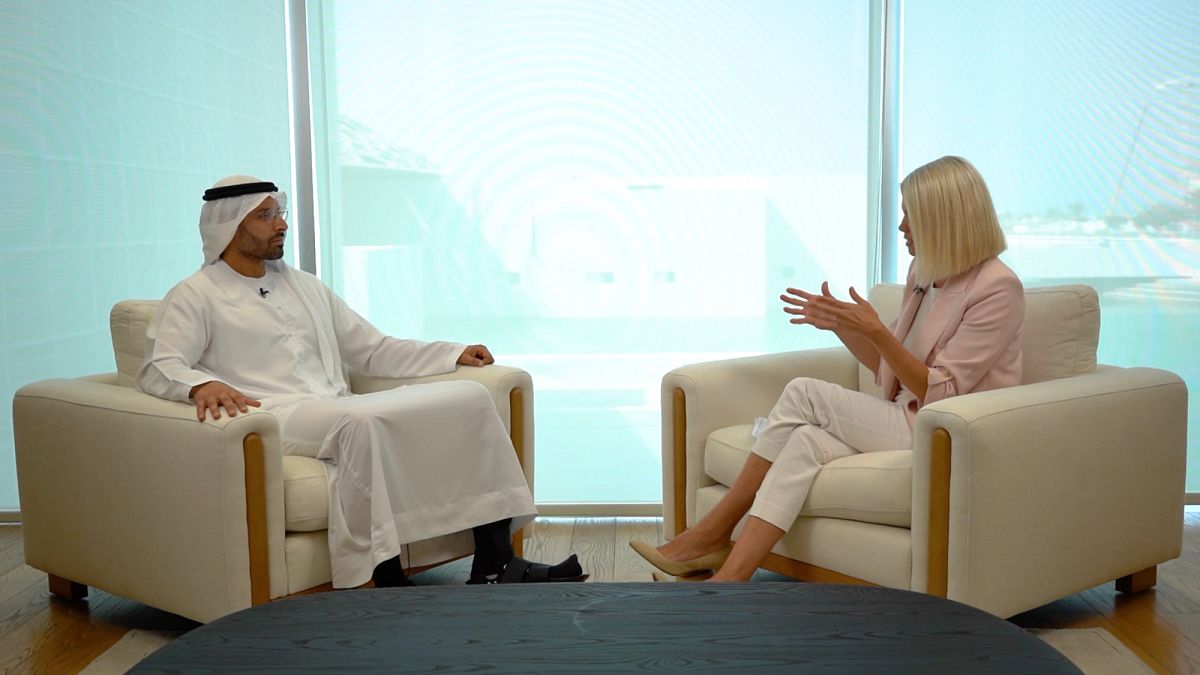



















.png?Expires=1838763821&Key-Pair-Id=K2ZIVPTIP2VGHC&Signature=IO0~CT3pU-TcxGc~yoZSmoQx23MZVuK-~4jSii~NKEblRmyO3el7NXPu~Rh1o23voASg7hlcHLw4kvQuDK1jssEhcjoNBBvEpZ~GGOAU6yosBhpHpeF179F~h7i6VxmsBNh9gtTutkoqY73O2YCFey~IAqSzKbBqETP1kP9cAg1916Z1YkJJs-5MliMrkZ5d7-mWGLbpHp2wGj2VlMph8XzYlL4~y1O7fB~JdIS~Rs4RMRs2x0WT1qUIpHAsf3GdwtOyAmKFSpIg8xCyNGZZ5h~13nXlmpd7uPvW8tBfttpG9pFTqcway-uch5WyfHOEfi7UlJCOWrr6fCYY5PMgSg__)






